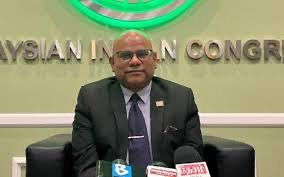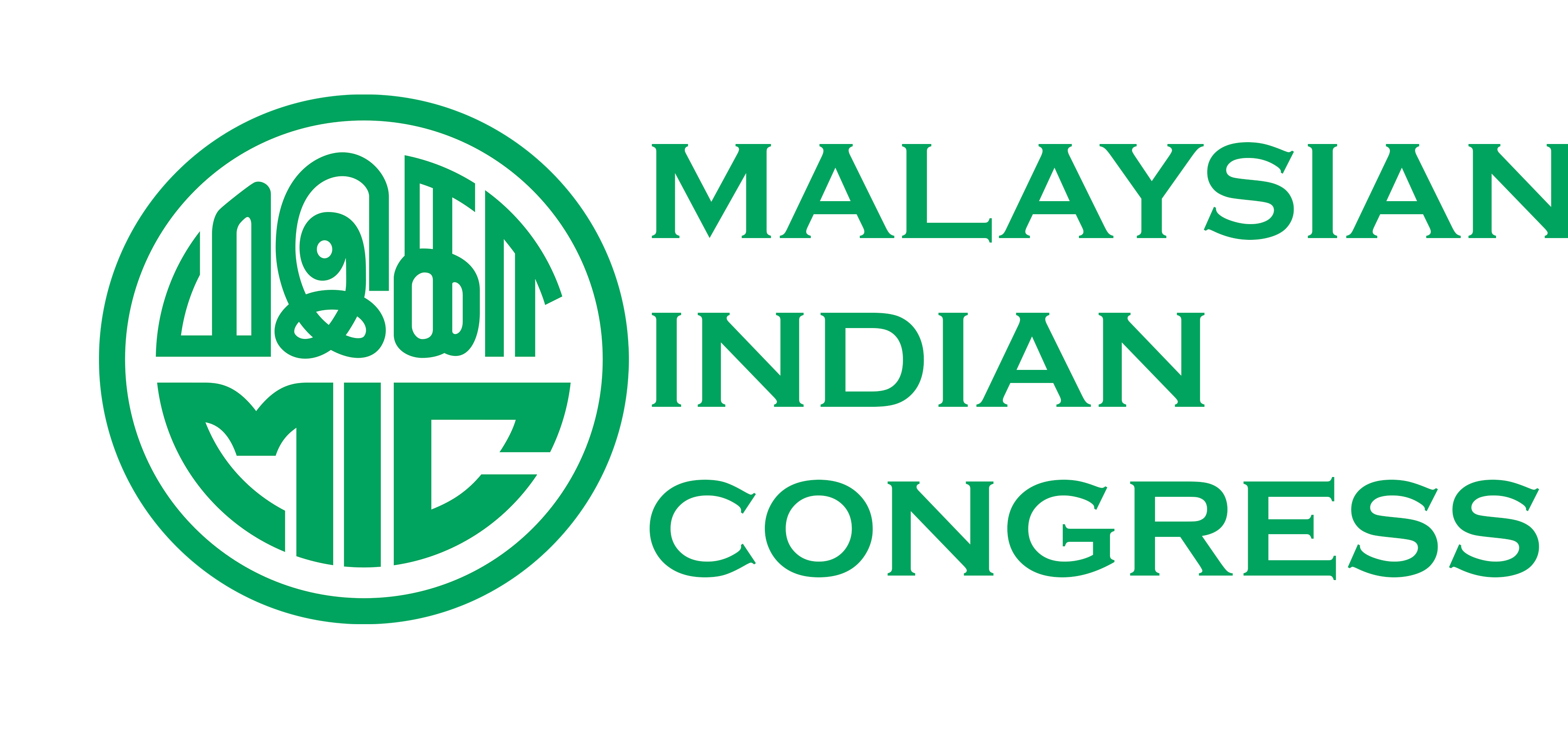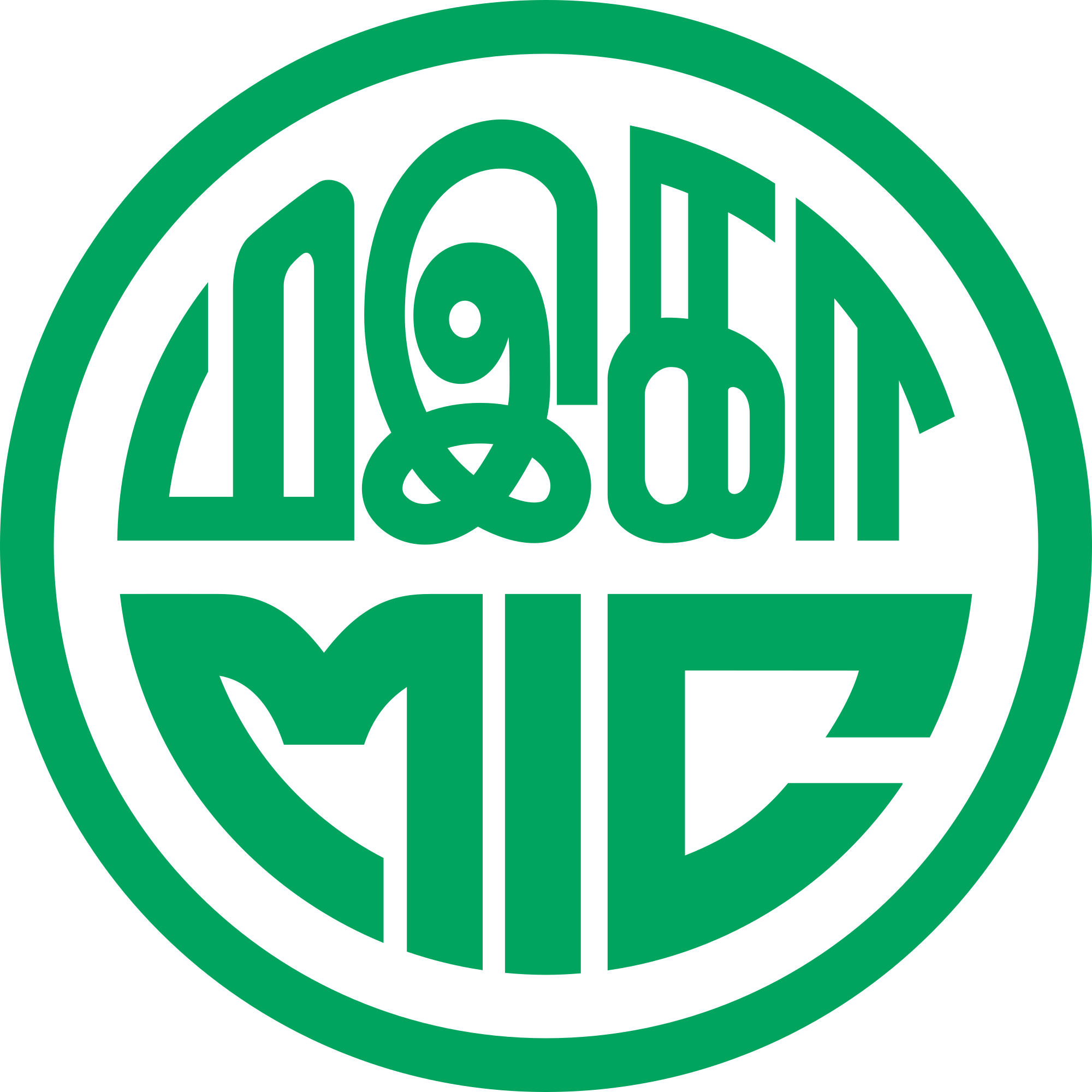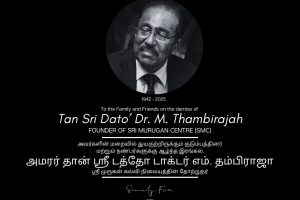The Court of Appeal on Thursday (Nov 23) had unanimously upheld the decision of Kuala Lumpur High Court Judge Mohd Nazlan Mohd Ghazali, now a Court of Appeal judge, who had on 29th December 2021 ruled that the existence and establishment of vernacular schools and the use of Mandarin and Tamil languages at those schools were constitutional. The suit in the Kuala Lumpur High Court was filed in December 2019 by the Islamic Education Development Council (Mappim) and the Confederation of Malaysian Writers Association (Gapena) naming the Ministry of Education and the Government of Malaysia as Defendant’s.
They are seeking a declaration that Sections 2, 17 and 28 of the Education Act 1996, which allows for the setting up of vernacular schools that use Mandarin and Tamil as the main languages, are inconsistent with Article 152(1) of the constitution.
The Malaysian Indian Congress (MIC) along with MCA and other organizations that were allowed as interveners in the Kuala Lumpur High Court suit, had presented their respective oral submissions before the Court of Appeal in a hearing that spanned for 3 days. MIC were represented by its solicitors Madam Vasanthi Arumugam, Mr. Vischaal Yogaratnam, Ms. Norhazira binti Nong and Ms. Nievanee Ravindran from Messrs Vas & Co.
Today a three-member panel comprising Justices Supang Lian, M. Gunalan and Azizul Azmi Adnan handed down the decision. Justice Azizul said that vernacular schools were not a public authority and, as such, the use of Tamil and Mandarin languages as the medium of instruction for teaching in those schools was constitutional.
In the court’s decision today, Justice Azizul added that a contextual construction of the constitution did not support the appellants’ appeal that the existence of such schools is inconsistent with the supreme law of the land. The learned judge had also said that, Vernacular schools are not public authorities and the use of Tamil or Chinese language is not prohibited, as the use of Tamil and Chinese language in Vernacular schools for official purpose is not for an official purpose as vernacular schools are not part of the government nor are they a public authority.
This ruling has propounded the fact that the use of Tamil and Chinese in vernacular schools is further protected by Article 152(b), as it offers a right to preserve and sustain the use of the languages. Therefore, it cannot be argued that drafters of the constitution would have intended for the use of Tamil or Chinese language to be considered unconstitutional.
Existence and Establishment of Vernacular Schools & the use of Mandarin and Tamil Languages at those schools were constitutional, Court of Appeal ruled – YBhg Datuk Rajasekaran, Sec Gen MIC






Add Comment